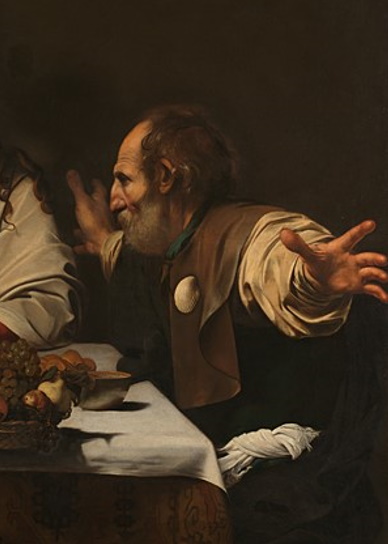Art and ecology
So sorry to hear that John Molyneux has died. He was a wonderful humane Marxist and art historian— and there are lots of inspiring commentaries appearing that testify to his brilliance. I just wanted to add a note about his embrace of ecology.
Over the last few years, from this sometimes lonely outpost in Mid Wales, I would send him articles I had written, or was writing, about the extinction crisis and other themes.
While that exercise with others would result in excellent and useful comments being made on documents, John would just ring me up to give me feedback and interrogate my evidence and ecological arguments in depth. Long conversations—peppered with warm humour despite the topics —would take place over tiny phone screens on WhatsApp and we would part company the richer; he in some ecology, and me with better ideas on how to shape and frame ecological arguments so that they sit within the class struggle.
In our final conversation a couple of months ago, after discussing wildfires and capitalism, we spoke about art, nature and ecology— particularly about Henri Rousseau’s 1891 beautiful and home-crafted painting of the tiger and jungle (‘Surprised!’) that hangs in the National Gallery.
He made so many wonderful points about Rousseau’s primitivism that I found myself having to write them all down on my desk because I didn’t want to get up for some paper and lose my concentration on what he was saying (I can see the words carved into the wood varnish in front of me as I type this).
He asked me what other paintings I admired in the Gallery and was pleased to hear that I liked Carravaggio’s ‘The Supper at Emmaus’. I told him that, together with other Carravaggio-stylistic elements (threadbare clothing, immaculate still life and use of shadow), I was particularly intrigued that the outstretched hands of the pilgrim seated to Christ’s left were out of perspective and proportion (the furthest hand being at least twice the size of the nearest).
I wondered naively if that larger hand was the hand of God. John responded that all great masters— having become great— just did as they wanted irrespective of norms, authenticity or accuracy (as with the disproportionate hands of Michelangelo’s ‘David’).
John’s greatness, in contrast, was tightly channelled by the struggle for a better world—an ecologically just world—and he leaves us a lasting and profound legacy for that endeavour. Hwyl fawr John!
Ian Rappel, SWP, Talgarth, Wales

